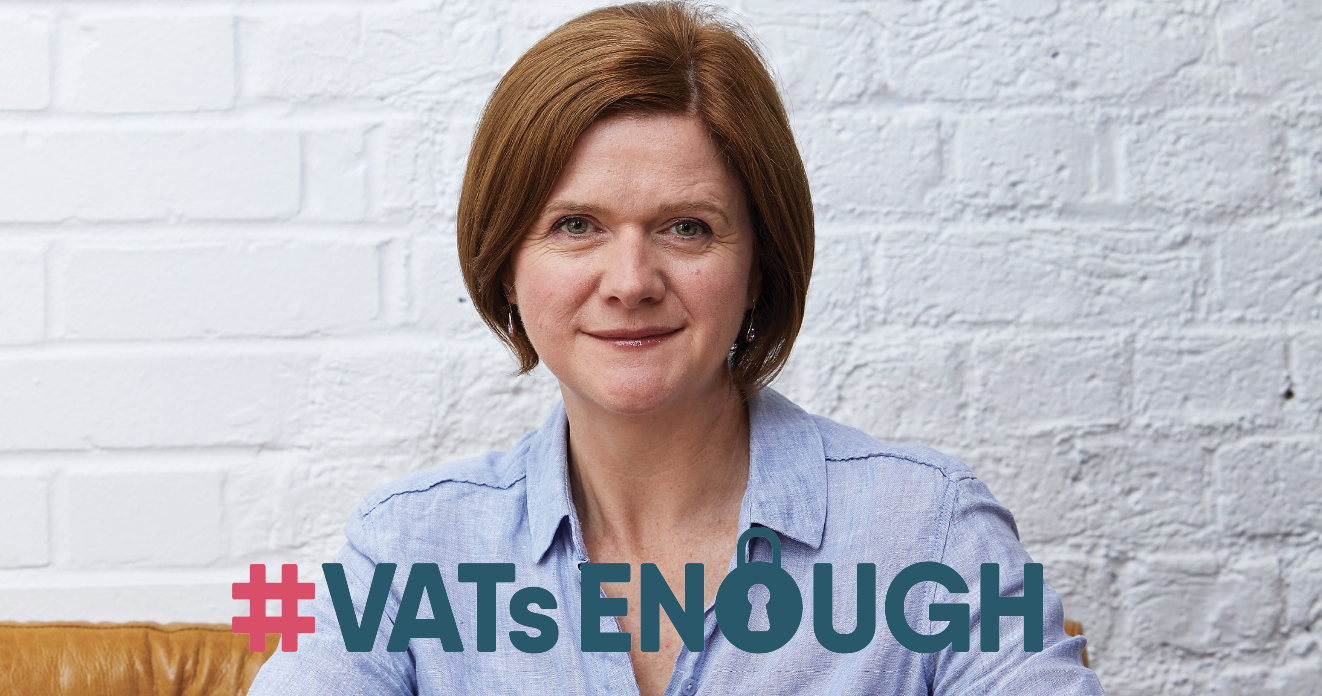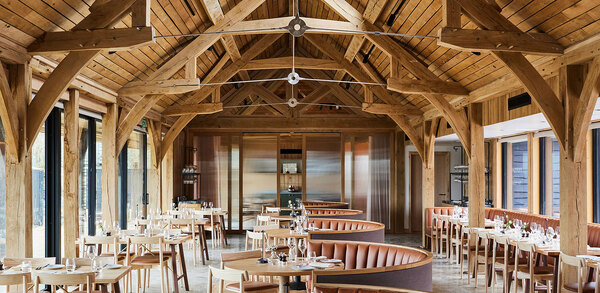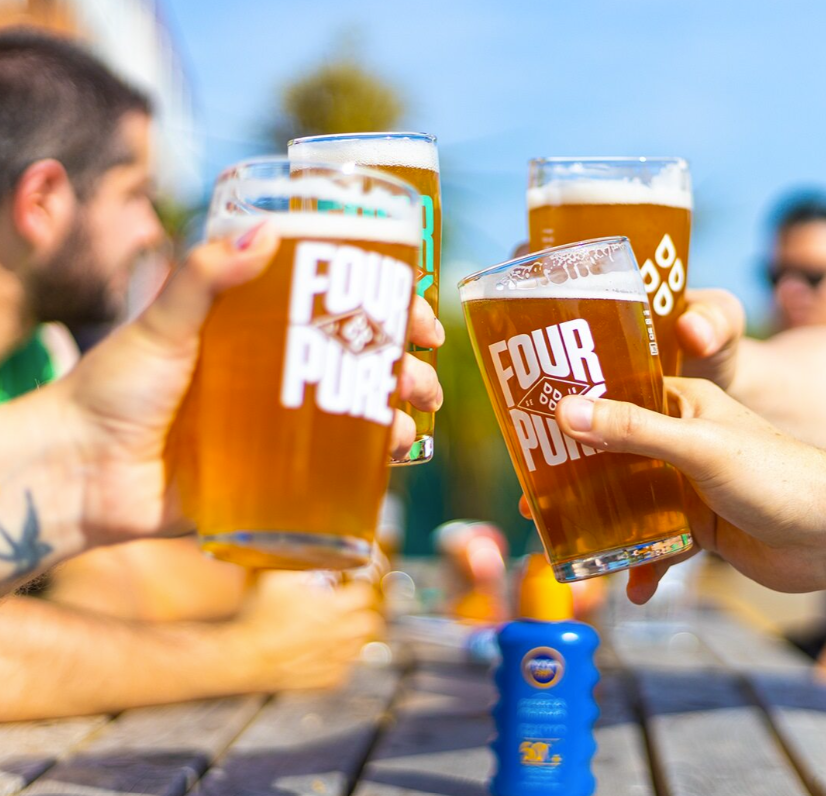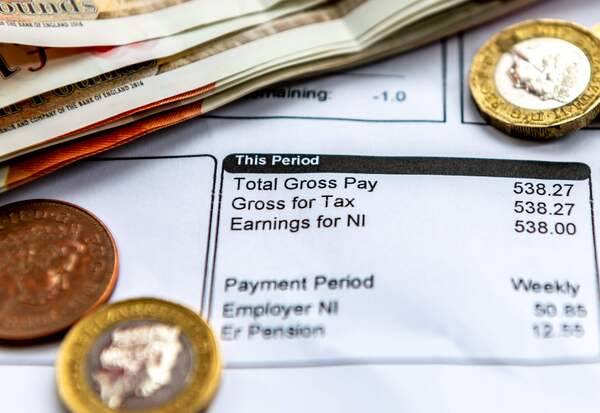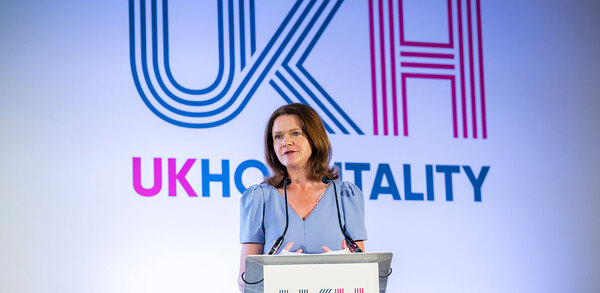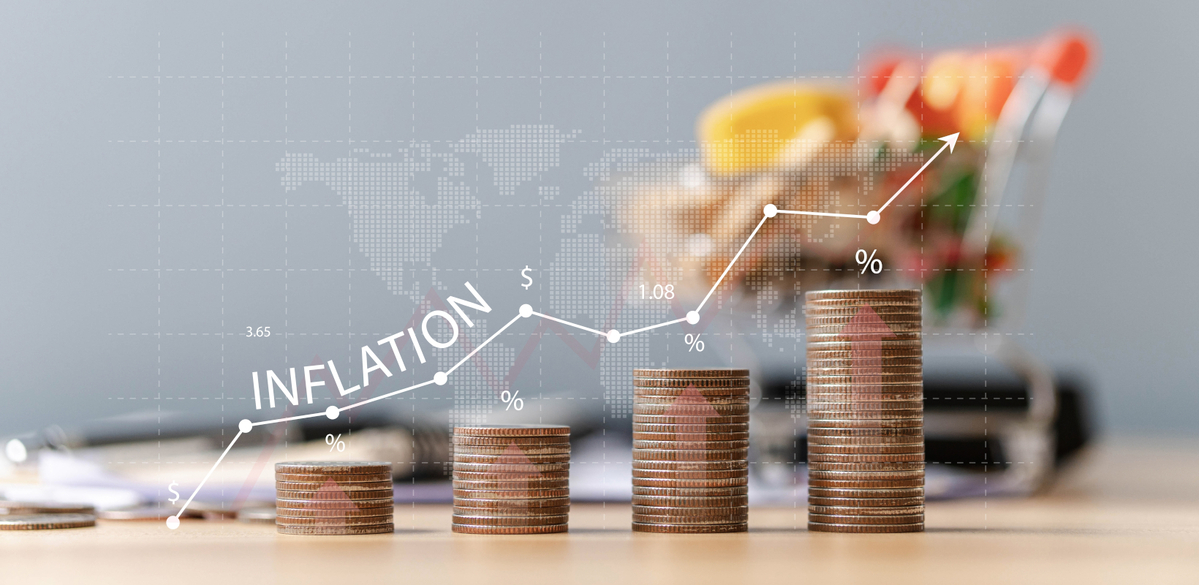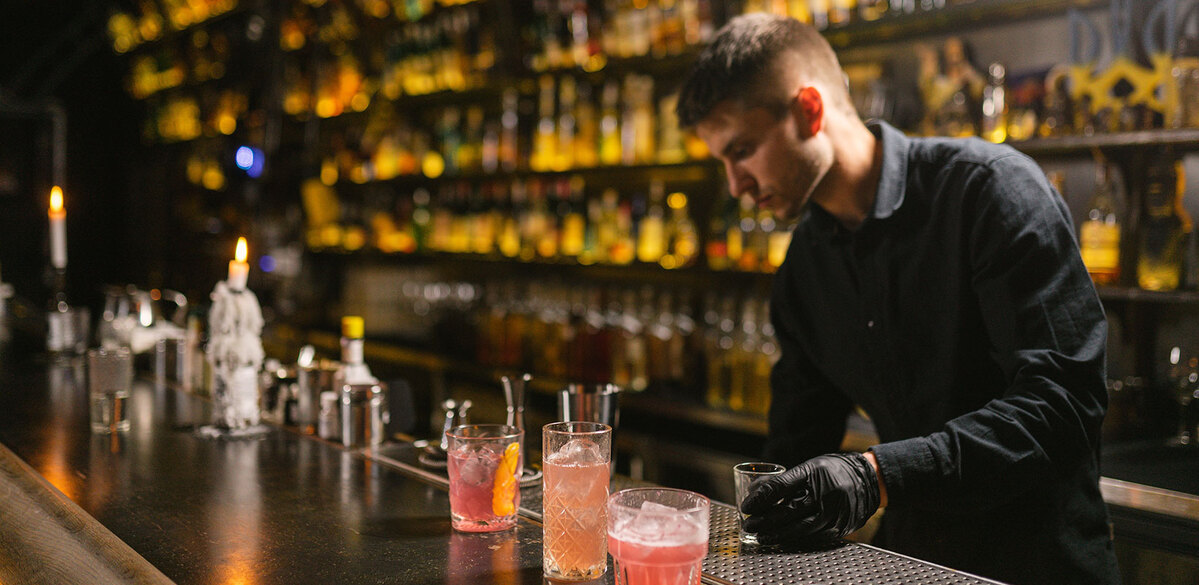UKHospitality launches campaign to stop the government from changing the VAT rate
Kate Nicholls, chief executive of UKHospitality, speaks to Emma Lake about the trade body’s campaign to rethink the coming changes to VAT
Tell us about the #VATsEnough campaign
Our message to the government is to think again about the timing of the change back to a 20% VAT rate, given the inflationary headwinds we’re coming into, the supply chain and labour shortage disruption and the rocky road out of the lockdowns that has continued since summer last year. Extending that lower rate of VAT for longer will cement the recovery more firmly, underpin business viability and aid the economic recovery.
How difficult is the outlook for April?
I think you’re looking at five big challenges in April. National living wage and national insurance contributions are increasing, you’ve got a change in business rates, price increases hitting at that time – particularly energy costs – and then the change in the VAT rate. That’s creating a great deal of nervousness among operators about what their margins will be.
There is an inability among operators to absorb costs, so they will have to increase prices to customers – and VAT will also have to be paid on those price increases. There’s a concern around what that will do in terms of demand, consumer confidence and the cost-of-living squeeze.
What are your members saying about cost pressures?
Businesses are seeing input price cost inflation of about 13%, and that includes labour, food, property – all of the costs of doing business are impacted because of difficulties and labour shortages across the whole of the supply chain.
Labour shortages in hospitality are also affecting the ability of businesses to trade at full capacity and full demand, on top of which we’ve obviously had a slower recovery because of Omicron delaying the process over Christmas. On top of that January and February are traditionally quiet, so it’s not as though there’s masses of demand to capitalise on to compensate. That new demand will not really start coming through until Easter.
What is the result of this?
The consequence is that businesses are in defensive mode; they’re looking to cut costs where they can to minimise the impact of cost price inflation and they are looking at putting up prices. Our most recent member survey said that on average operators are looking at an 11% price increase.
The other defensive measure we are seeing, particularly among small businesses, is operators selling up and exiting the market all together. They’re largely selling to bigger companies, but they are exiting the sector because they are facing the writing on the wall that it’s just too challenging an environment to operate in.
On a more positive note you’re seeing an investment in digitalisation and productivity improvements. Businesses are using tech to drive productivity, both in terms of labour scheduling and staffing, but also in terms of customer information customer engagement and the customer journey.
What impact has the cut to VAT had since July 2020?
Large parts of the industry passed the VAT reduction on to consumers, and as a result we saw footfall increase and the pace of the recovery increase – it was a lifesaver for businesses. Later, when we were subject to restrictions and we couldn’t trade at full capacity, or in periods where we couldn’t trade at all because of the tier system, that VAT cut was used to maintain margins in businesses, to insulate consumers from price increases and to make sure that businesses could remain viable. It’s not an exaggeration to say that after furlough it was the single biggest thing the government did to support the hospitality and tourism sectors through Covid-19, and without it we would have seen higher rates of business failure.
The government then looked at tapering support increasing VAT from 5% to 12.5% in October 2021 and signalling that the rate would go back up to the normal 20% at the end of March 2020.
When do you hope to see government address this issue?
We’ve got the spring economic statement at the end of March and that’s the next big point where the treasury will look at the economy and the economic recovery. Ahead of that we need as many businesses as possible, as many customers and as many people who work in hospitality as possible to support the #VATsEnough campaign and to write to their local MPs. We want our members to do it from head office but also to cascade the message down through their sites because the health of the sector as a whole is helped by a VAT cut.
What do you envisage happening if the VAT rate is increased as planned?
I think first and foremost it’s going to mean a price increase through to consumers, which will have a significant inflationary impact. Hospitality has a heavy weighting in the basket of goods [used to calculate consumer price inflation], so passing through those cost increases could see inflation rise by a further 1.5 percentage points. This could impact the economy as a whole because it would suppress demand, so you will see fewer people going out and spending. Because of this inflationary impact the Bank of England is likely to take action on interest rates – hospitality businesses generally are very heavily indebted and the cost of servicing that debt will then be more significant.
Undoubtably, if we see that VAT rate go back up to 20%, with all the other pressures businesses are facing, it will have an impact on business viability and we will see hospitality’s recovery stagnate for two years. The VAT rate is the single biggest thing that can be done to help the sector and the economy as a whole to get through the cost of living squeeze, which will be at its most severe in April.



